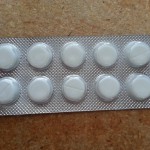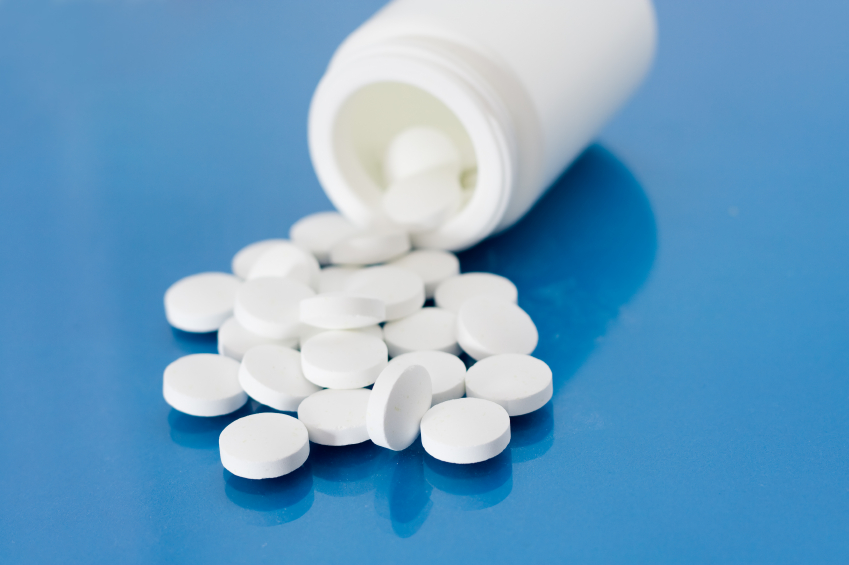Two Out of Three Studies of Armodafinil Have Failed in Bipolar Depression
At the US Psychiatric Congress in 2013, researcher T. Ketter reported on two recent studies of armodafinal (Neuvigil), which is approved for the treatment of narcolepsy. Doses of 150mg/day did not perform significantly better than placebo in the treatment of bipolar depression (in contrast to an earlier positive study).
Editor’s Note: It appears that this drug will not play a major role in the treatment of bipolar depression, as some had hoped.
Armodafinil: An Antidepressant For Bipolar I Depression
 At a recent scientific meeting, researcher Joe Calabrese reported that armodafinil (Neuvigil), a drug that is FDA-approved for the treatment of narcolepsy, performed significantly better than placebo at producing antidepressant effects in bipolar depression when added to treatment with mood stabilizers. At a dose of 150mg, the drug behaved less like a psychomotor stimulant and more like a traditional antidepressant in that the antidepressant effects were delayed in onset. Stimulants have a rapid onset of action. Armodafinil was well-tolerated, not seeming to produce weight gain or switches into mania.
At a recent scientific meeting, researcher Joe Calabrese reported that armodafinil (Neuvigil), a drug that is FDA-approved for the treatment of narcolepsy, performed significantly better than placebo at producing antidepressant effects in bipolar depression when added to treatment with mood stabilizers. At a dose of 150mg, the drug behaved less like a psychomotor stimulant and more like a traditional antidepressant in that the antidepressant effects were delayed in onset. Stimulants have a rapid onset of action. Armodafinil was well-tolerated, not seeming to produce weight gain or switches into mania.
Editor’s Note: At the moment, quetiapine (Seroquel) is the only FDA-approved monotherapy for the treatment of bipolar depression. Lurasidone (Latuda) may soon be approved, as we reported in BNN Volume 16, Issue 2 from 2013. It now looks as though armodafinil could become the third approved agent for bipolar depression.
Quetiapine has efficacy in preventing depressive and manic recurrences both alone in monotherapy and in combination therapy with lithium or valproate. So far only the combination therapy is FDA-approved for preventative purposes. The data on the long-term effects of armodafinil and lurasidone are eagerly awaited, as they are a critical component of the treatment of bipolar depression.


